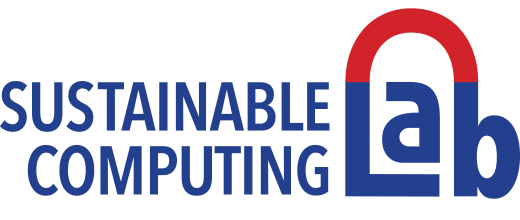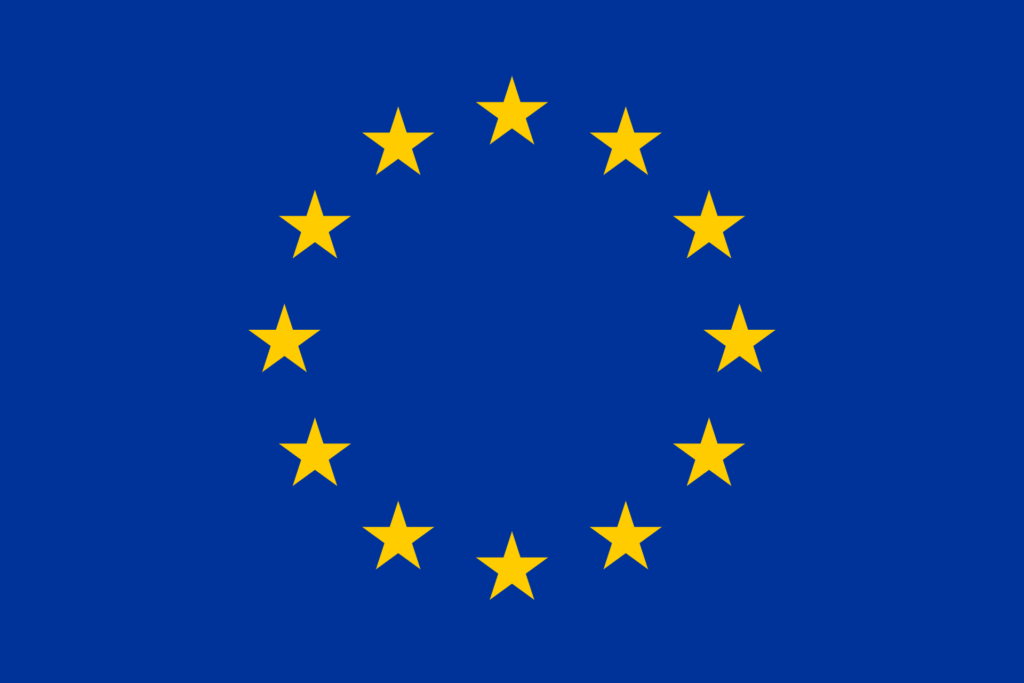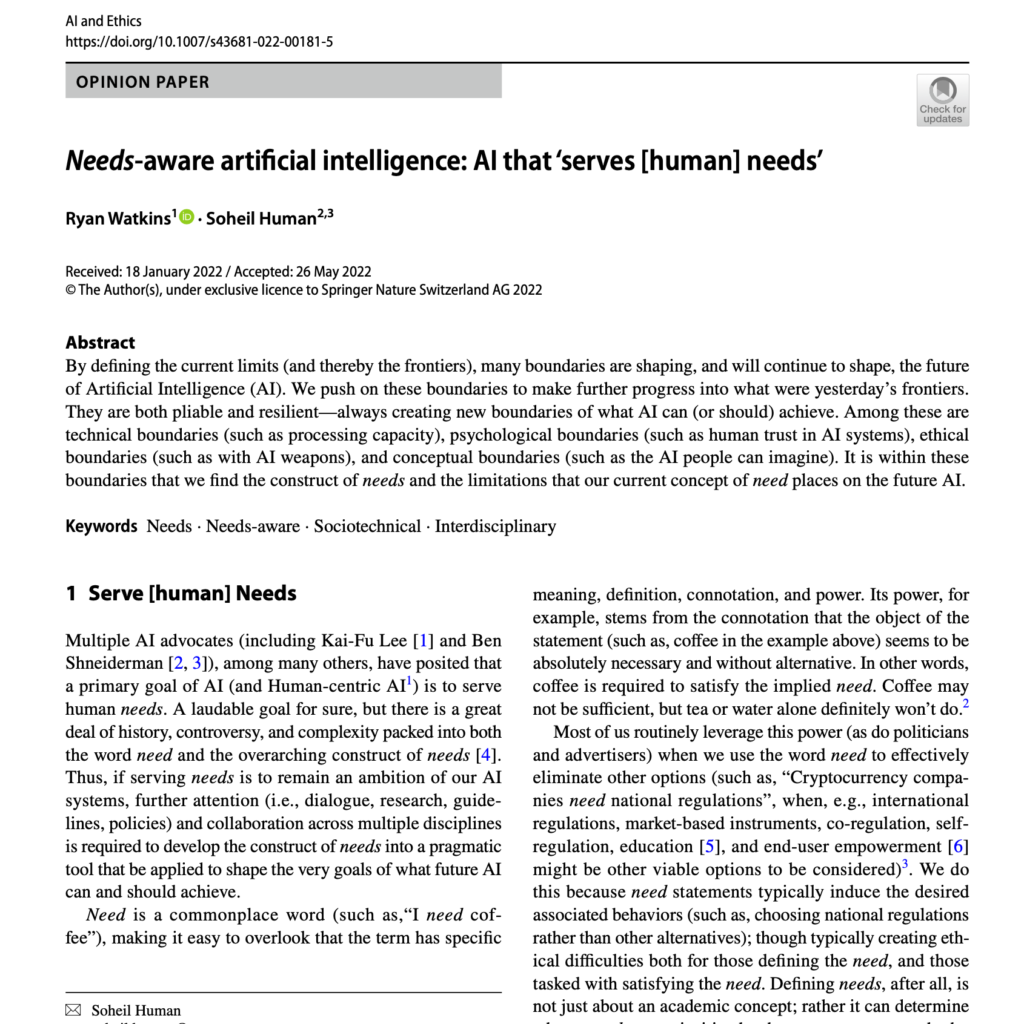A guest opinion piece by Eliska Pirkova
The recent draft of the Social Media Guidelines targeting journalists working for the public Austrian Broadcasting Corporation (ORF) is a troubling example of how self-regulatory ethical Codes of Conduct may be abused by those who wish to establish a stricter control over the press and media freedom in the country. Introduced by the ORF managing director Alexander Wrabetz as a result of strong political pressure, the new draft of the ethical guidelines seeks to ensure the objectivity and credibility of the ORF activities on Social Media. Indeed, ethical guidelines are common practice in media regulatory framework across Europe. Their general purpose is already comprised in its title: to guide. They mainly contain ethical principles to be followed by journalists when performing their profession. In other words, they serve as the voice of reason, underlining and protecting the professional integrity of journalism.
But the newly drafted ORF Guidelines threaten precisely what their proponents claim to protect: independence and objectivity. As stipulated in the original wording of the Guidelines from 2012, they should be viewed as recommendations and not as commands. Nonetheless, their latest draft released in June 2018 uses a very different tone. The document creates a shadow of hierarchy by forcing every ORF-journalist to think twice before they share anything on their social media. First, it specifically stipulates that“public statements and comments in social media should be avoided, which are to be interpreted as approval, rejection or evaluation of utterances, sympathy, antipathy, criticism and ‘polemics’ towards political institutions, their representatives or members.”Every single term used in the aforementioned sentence, whether it is ‘antipathy’ or ‘polemics,’ is extremely vague in its core. Such a vagueness enables the inclusion of any critical personal opinion aiming at the current establishment, no matter of how objective, balanced or well-intended the critique may be.
Second, the Guidelines asks journalists to refrain from “public statements and comments in social media that express a biased, one-sided or partisan attitude, support for such statements and initiatives of third parties and participation in such groups, as far as objectivity, impartiality and independence of the ORF is compromised. The corresponding statements of opinion can be made both by direct statements and indirectly by signs of support / rejection such as likes, dislikes, recommendations, retweets or shares.” Here again, the terms such as partisan opinions are very problematic. Does the critique of human rights violations or supporting the groups fighting the climate change qualify as biased? Under this wording, the chilling effect on the right to freedom of expression is inevitable, when journalists may choose to rather self-censor in order to avoid difficulties and further insecurities in their workplace. At the same time, securing the neutrality of the main public broadcaster in the country cannot be exercised by excluding the plurality of expressed opinions. Especially when the neutrality principle seeks to protect the latter.
Media neutrality is necessary for the impartial broadcasting committed to the common good. In other words, it reassures that the misuse of media for any propaganda and other forms of manipulation will not occur. Therefore, in order for media to remain neutral, the diversity of opinions is absolutely essential, as anything else is simply incompatible with the main principles of journalistic work. The primary duty of the press is to monitor and to inform whether the rule of law is in tact and fully respected by the elected government. Due to its great importance in preserving democracy, the protection of the free press is enshrined within the national constitutions as well as enforced by domestic media laws. The freedom of expression is not only about the right of citizens to write or to say whatever they want, but it is mainly about the public to hear and to read what it needs (Joseph Perera & Ors v. Attorney-General). In this vein, the current draft of the Guidelines undermines the core of journalism by its intentionally vague wording and by misusing or rather twisting the concept of media neutrality.
Although not legally binding document, the Guidelines still impose a real threat to democracy. This is the typical example of ethics and soft law self-regulatory measures becoming a gateway for more restrictive regulation of press freedom and media pluralism. Importantly, the non-binding nature of the Guidelines serves as an excuse for policy makers who defend its provisions as merely ethical principles for journalists’ conduct and not the legal obligations per sei, enforced by a state agent. However, in practice, the independent and impartial work of journalists is increasingly jeopardised, as every statement, whether in their personal or professional capacity, is subjected to much stricter self-censorship in order to avoid further obstacles to their work or even an imposition of ‘ethical’ liability for their conduct. If the current draft is adopted as it stands, it will provide for an extra layer of strict control that aims to silence the critique and dissent.
From the fundamental rights perspective, The European Court of Human Rights (ECt.HR) stated on numerous occasions the vital role of the press, being a public watchdog (Goodwin v. the United Kingdom). Freedom of press is instrumental for public to discover and to form opinions of the ideas and attitudes held by their political leaders. At the same time, it provides the politicians with the opportunity to react and comment on the public opinion. Therefore, healthy press freedom is a ‘symptom’ of a functioning democracy. It enables everyone to participate in the free political debate, which is at the very core of the concept of democratic society (Castells v. Spain). When democracy starts fading away, weakening the press freedom is the first sign that has to be taken seriously. It is very difficult to justify why restricting journalists’ behaviour, or more precisely, the political speech on their private Facebook or Twitter accounts should be deemed as necessary in a democratic society or should pursue any legitimate aim. The Constitutional Courts that follow and respect the rule of law could never find such a free speech restriction legitimate. It also opens the question about the future of Austrian medias’ independence, especially when judged against the current government’ ambitious planto transform the national media landscape.
When in 2000, the radical populist right Freedom Party (FPO) and the conservative ÖVP formed the ruling coalition, the Austrian government was shunned by European countries and threatened with EU sanctions. But today’s atmosphere in Europe is very different. Authoritative and populist regimes openly undermining democratic governance are a new normal. Under such circumstances, human rights of all of us are in danger due to a widespread democratic backsliding present in the western countries as much as in the eastern corner of the EU. Without a doubt, journalists and the media outlets have a huge responsibility to impartially inform the public on matters of public interest. Ethical Codes of Conduct thus play a crucial role in the journalistic work, acknowledging a great responsibility to report accurately, while avoiding prejudice or any potential harm to others. However, when journalists’ freedom of expression is being violated, the right to receive and impart information of all of us is in danger, and so is democracy. Human Rights and Ethics are two different things. One cannot be misused to unjustifiably restrict the other.




